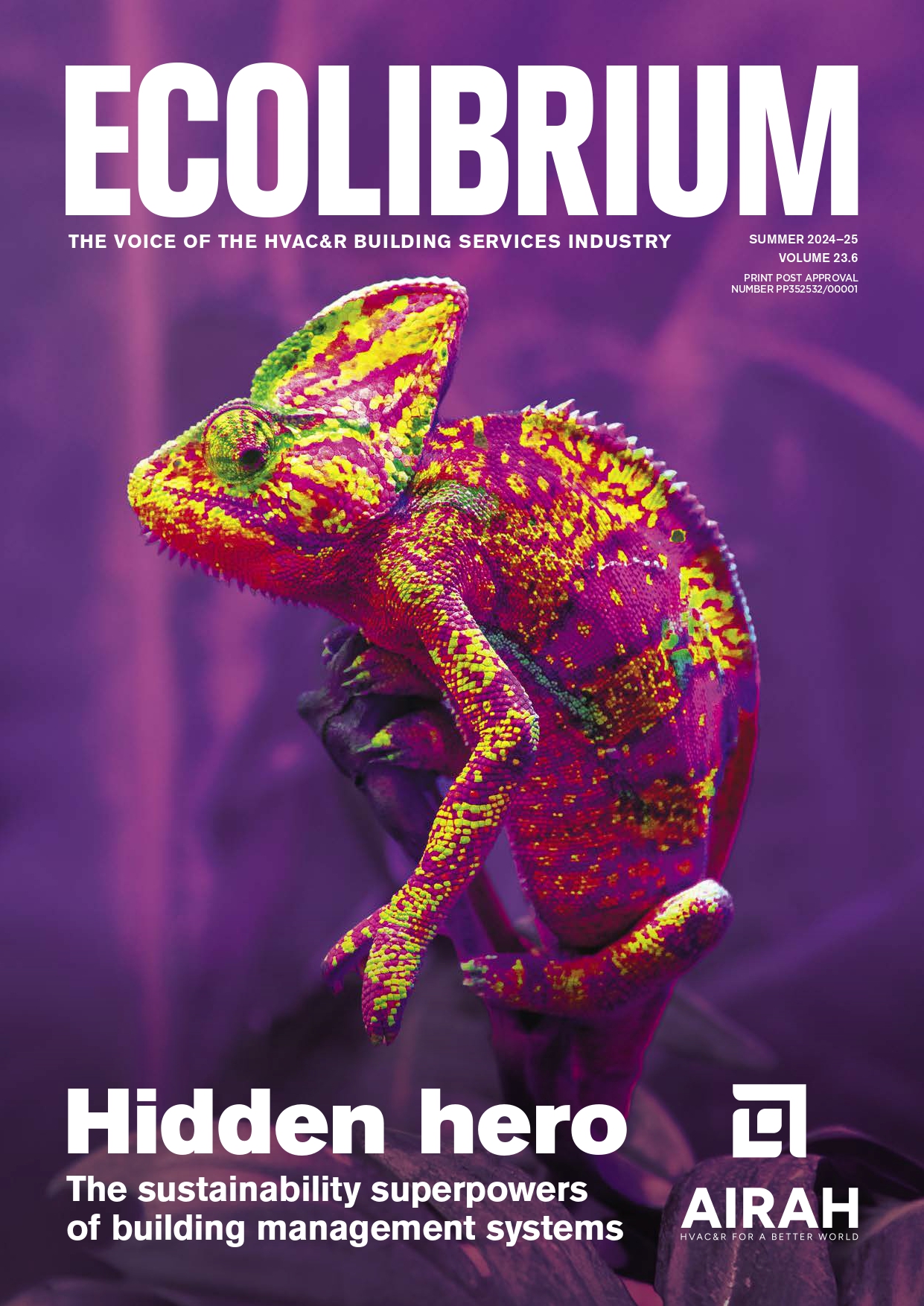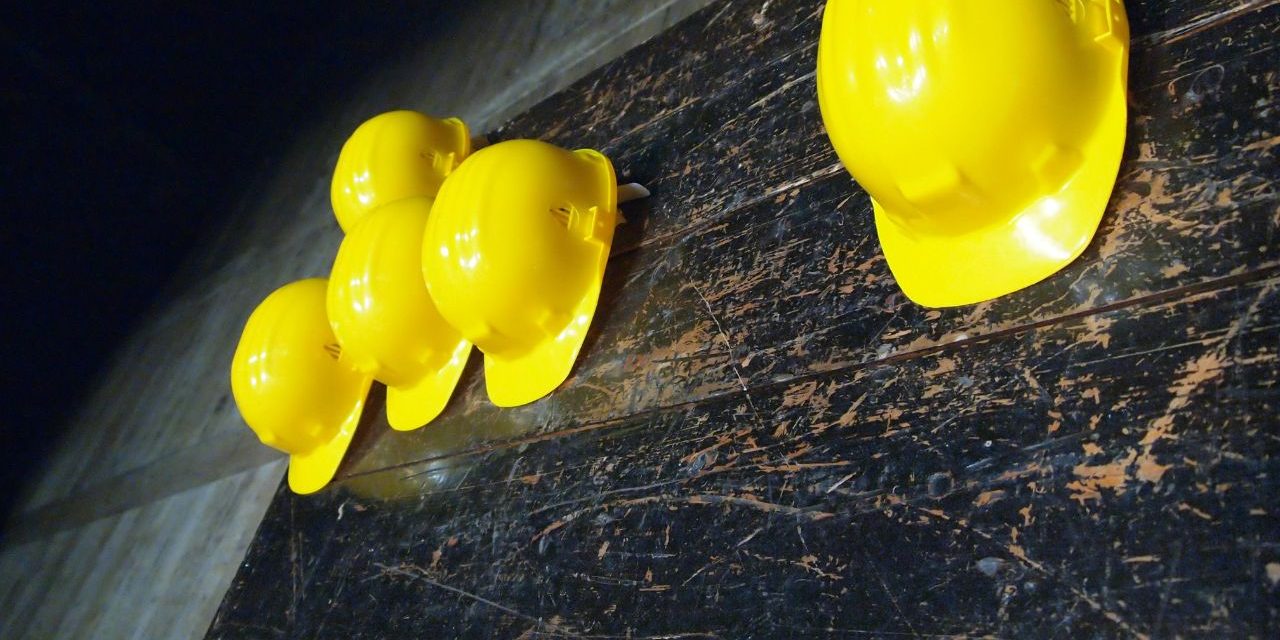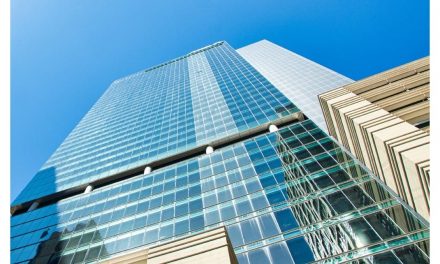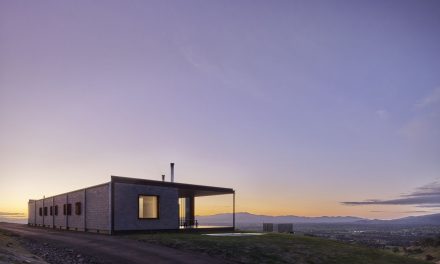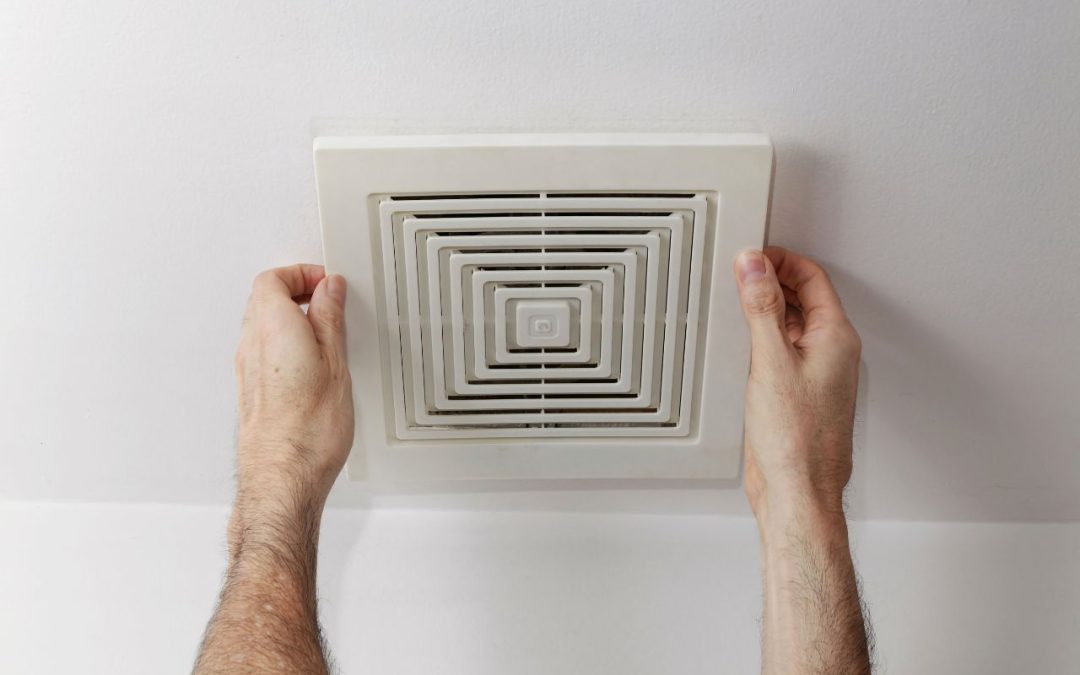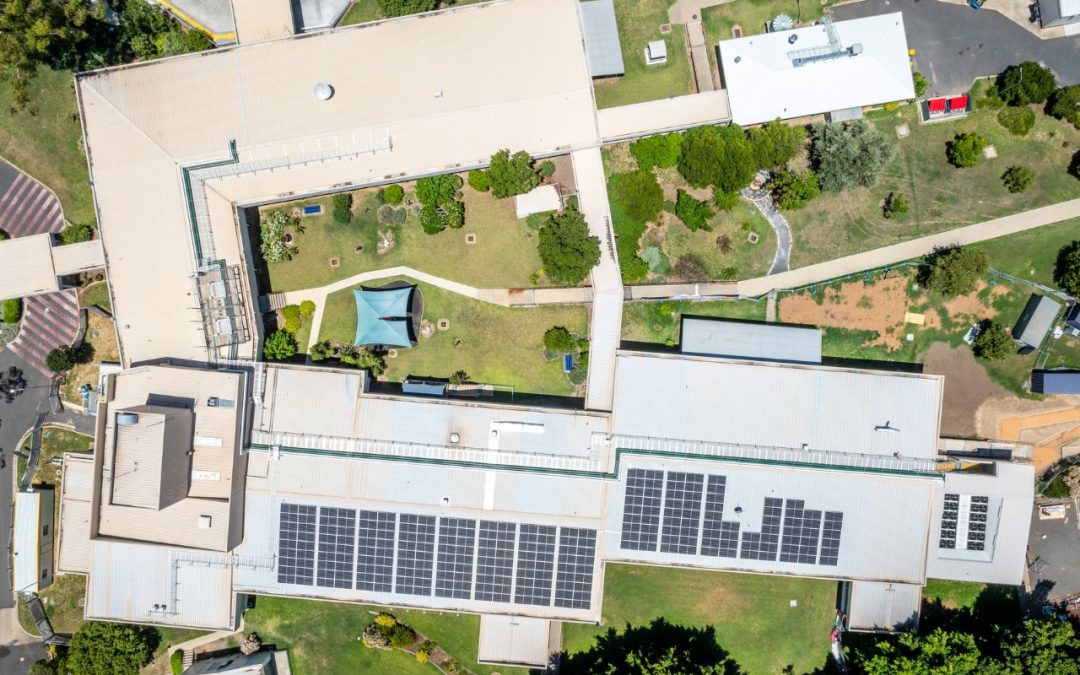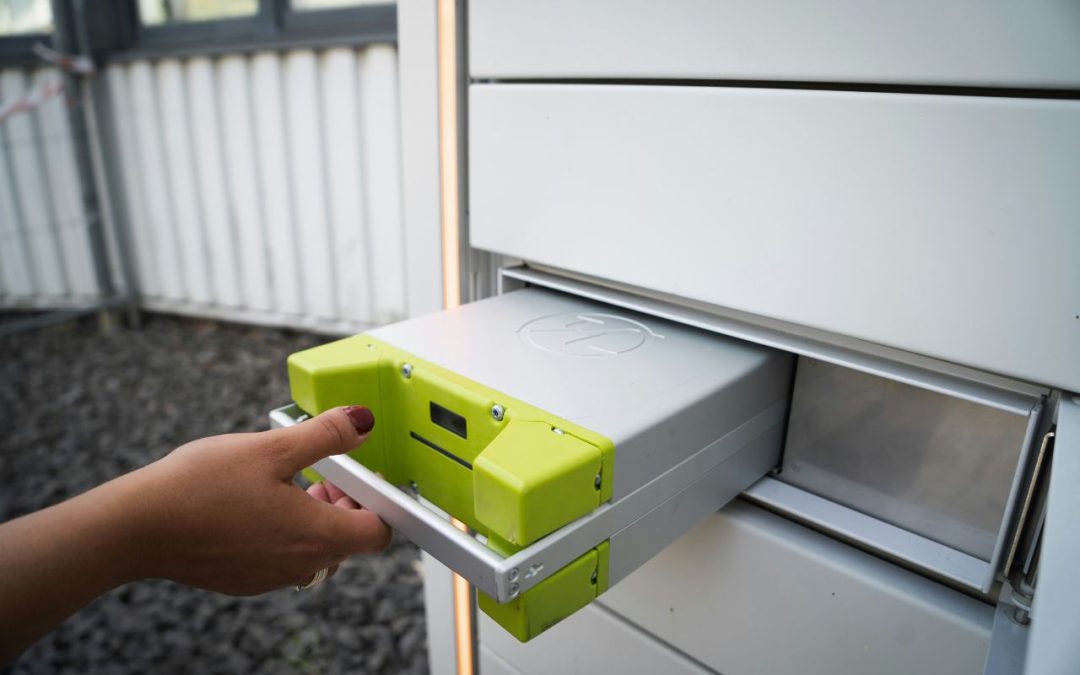The Coalition has followed in the footsteps of the South Australian government, which earlier this year announced that it would not update the National Construction Code (NCC) for a decade.
Opposition leader Peter Dutton has unveiled a suite of policies aimed at boosting housing supply in Australia, including a commitment to freeze changes to the NCC for 10 years. This, the Coalition says, would reduce costs by halting further requirements for energy efficiency, safety and amenity in new houses.
Certainty for builders
“At a time of high inflation, the government’s changes to the NCC have added red tape and increased the compliance burden for new housing projects, driving up costs for purchasers,” reads the Coalition statement.
“The Coalition’s freeze will provide certainty to the industry and let builders get on with the job of building homes for Australians. We further commit to working with industry to review the government’s changes to the NCC and identify options to further reduce red tape and bring down costs for consumers.”
The statement references a claim that the lifting of minimum energy efficiency standards from 6 to 7 NatHERS stars in NCC 2022 would add $60,000 to the cost of a new home – a figure that industry groups have found to be inflated. The Australian Glass and Window Association has estimated the cost as $5,000. Analysis undertaken by the Australian Building Codes Board (ABCB) found an average cost of about $2,200 in 2021 terms to improve from 6 to 7 stars.
The National Construction Code is revised every three years in consultation with state and territory building ministers. The energy efficiency improvements it prescribes are in line with Australia’s Trajectory for Low Energy Buildings, a key initiative to address Australia’s 40 per cent energy productivity improvement target by 2030 under the National Energy Productivity Plan. The Coalition has not indicated how a freeze on the NCC would impact this target.
Industry reaction
In response to the Coalition’s pledge, a group of industry, built environment, and social sector stakeholders are calling on building ministers to reaffirm their commitment to the regular three-year review and update of the NCC.
“The NCC not only enhances productivity by reducing regulatory duplication but also guarantees quality and safety for those who live and work in our buildings,” says Alison Scotland, CEO of the Australian Sustainable Built Environment Council (ASBEC).
”Since its inception in the early 1990s, the NCC has aimed to streamline building regulations across states and territories, promoting efficiency and cost savings. However, as the landscape of construction evolves with new risks and technologies, it is vital that the NCC adapts accordingly.”
CEO of the Australian Council of Social Services (ACOSS), Dr Cassandra Goldie, has also emphasised the human impact of a potential freeze.
“Regularly updating building standards is essential to protect people’s health, safety, and quality of life as we face the climate crisis, an ageing population, and technological advances,” she says.
“Neglecting them will disproportionately harm those already facing limited access to safe, affordable, and healthy housing.
“Governments have a duty to ensure that today’s homes protect and benefit everyone – future renters and homeowners alike.”
CEO of the Property Council of Australia, Mike Zorbas, has also spoken up to clarify his organisation’s position.
“The Property Council has advocated for coordinated, cost-benefit adjusted and timely reviews of the National Construction Code since the 1990s,” he says.
“Our priority is ensuring the ABCB is properly resourced so it can conduct highly consultative regulatory impact statements and so that Code coordination can be improved.”
AIRAH’s position
AIRAH is one of the many associations that has signed on to a joint letter calling for continued updates to the NCC.
“We have heard representatives from the Coalition say that the building industry needs a 10-year freeze of the NCC to ‘catch their breath’,” says AIRAH Advocacy and Policy Manager Mark Vender. “That is one long breath. And it’s certainly not what our members are asking for.
“The approach seems poorly thought out, based on inaccurate information, and does not prioritise the long-term interests of Australians.
“AIRAH supports the work of the ABCB by providing input to the NCC, offering industry training on updates to the code, and producing technical material to help make our buildings more liveable and sustainable. We believe in this work and in the potential to continuously improve our buildings.”
